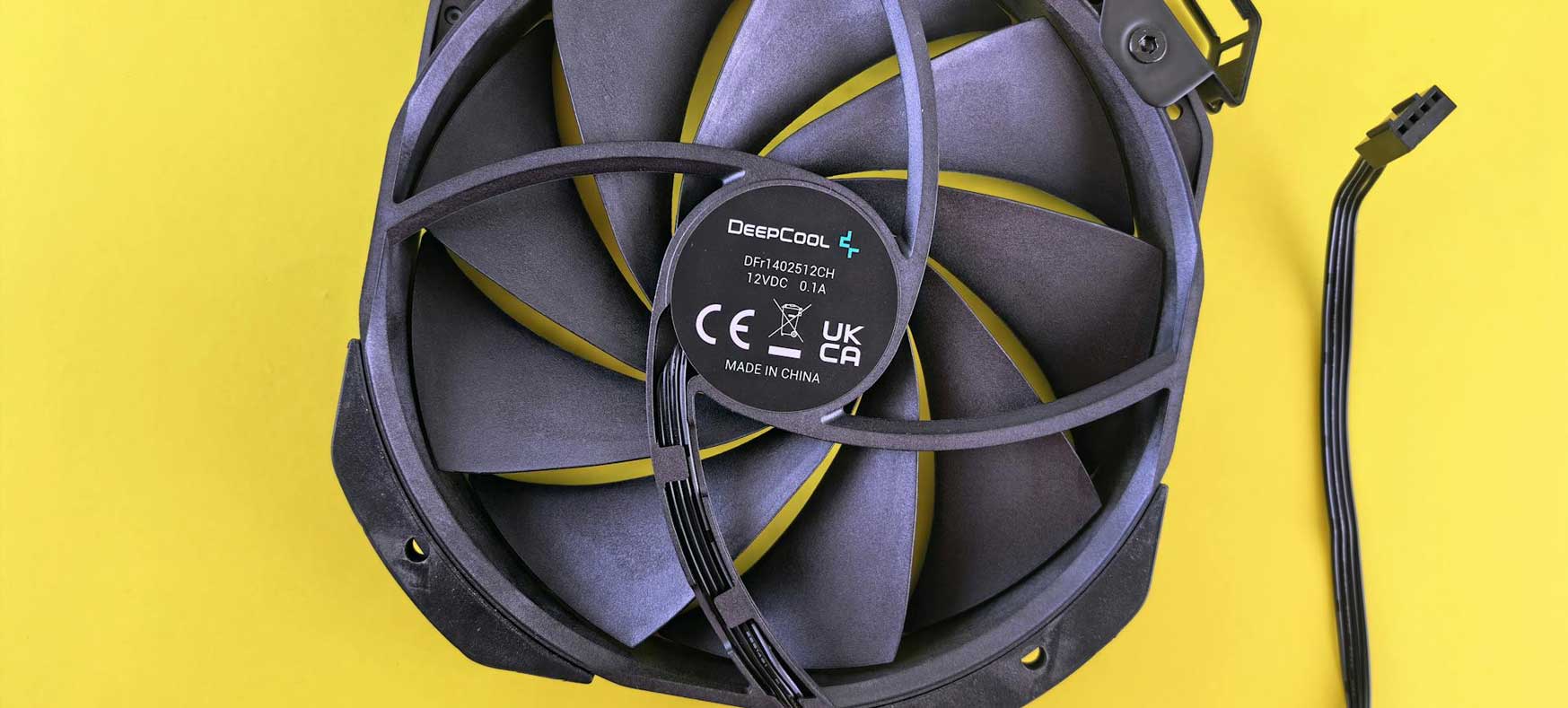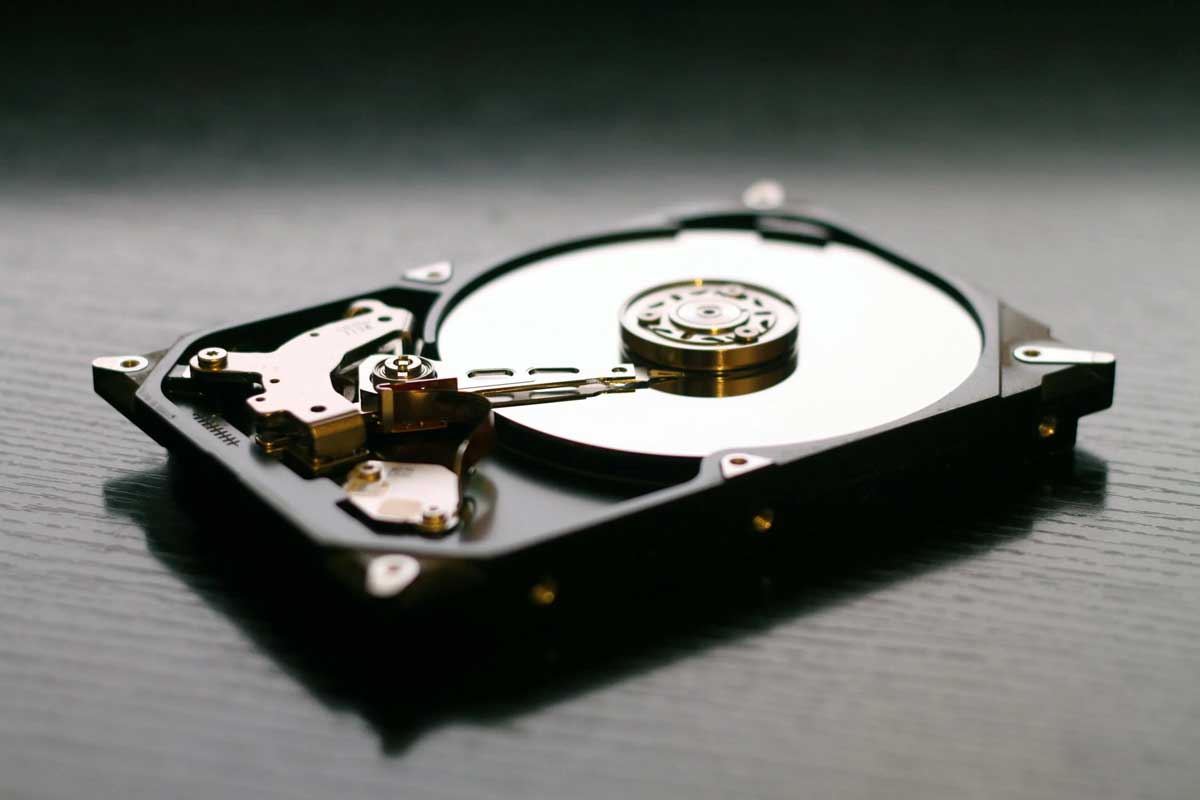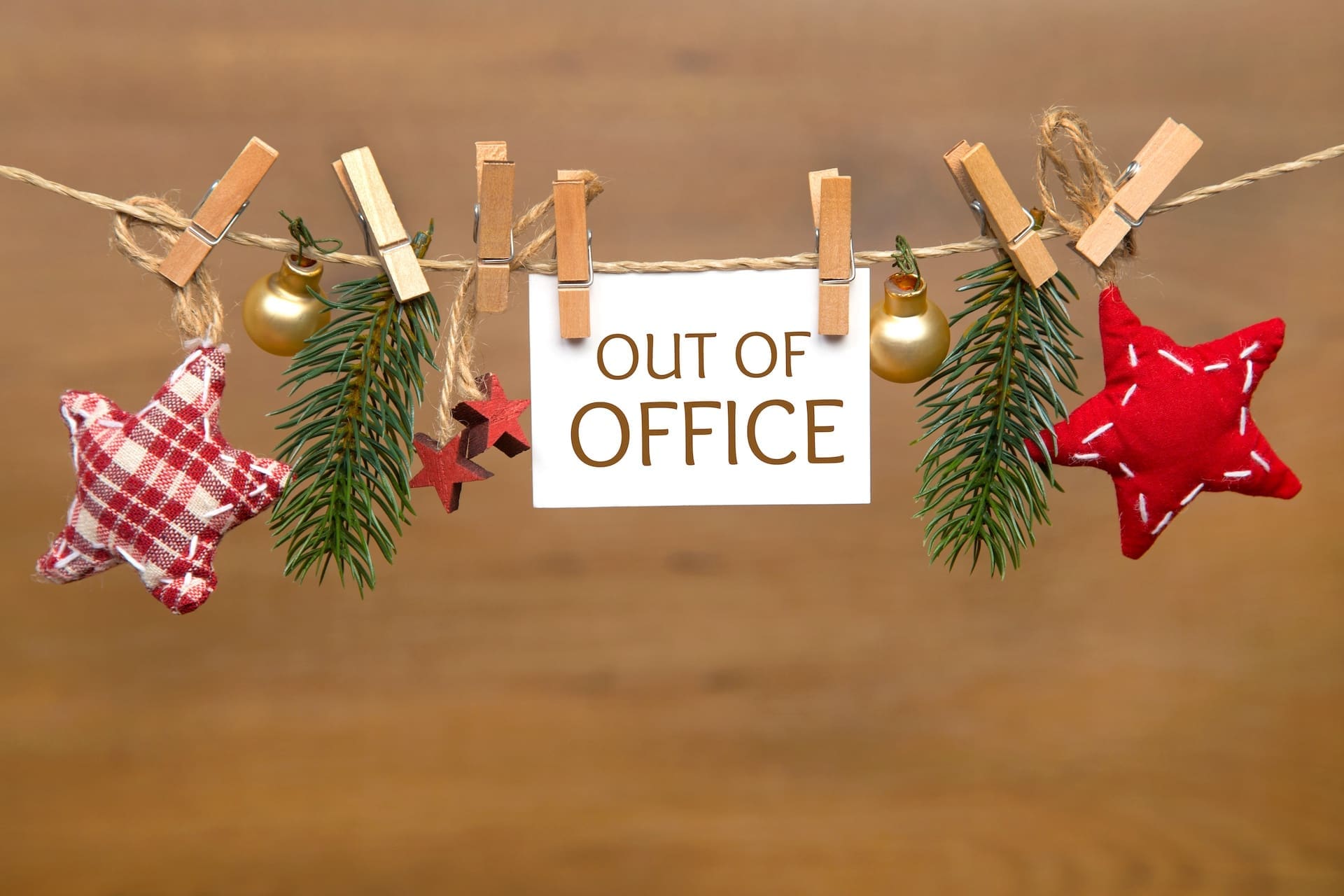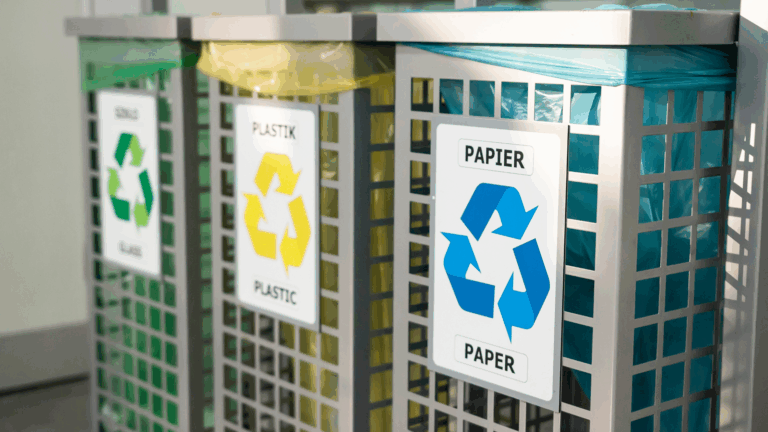
As we rely more on digital technologies, the amount of e-waste we create continues to climb
There are many different kinds of waste that organisations need to consider. From food excess to hazardous materials, every business generates some form of waste. But in recent years, one relatively new kind of waste has increased considerably, and that’s e-waste.
Otherwise known as electronic waste, e-waste is a product of the growth in digital activities, and must be treated with as much responsibility and sincerity as any other kind of rubbish. For businesses, knowing how to dispose of e-waste in a sustainable way can help you save costs, go green, and meet key regulations.
That’s why we’re here with all the information you need. Let’s take a closer look at what e-waste is, and how you should dispose of it.
What is e-waste?
As the name suggest, e-waste refers to electronic waste, which usually means discarded electronic appliances and devices. This includes items such as mobile phones, computers, printers, televisions, and other electronic gadgets that have reached the end of their life cycle.
Because technology is evolving at such a rapid pace, newer, more efficient gadgets are constantly replacing older equipment, and this has led to a growing volume of e-waste. It’s important that businesses know how best to dispose of this kind of waste in order to meet sustainability guidelines and goals.

Why is responsibly disposing of e-waste important?
There are several key reasons why disposing of e-waste responsibly is important, the first of which is environmental impact. E-waste often contains hazardous materials like mercury, lead, and cadmium, which can contaminate soil and water if not disposed of correctly.
What’s more, electronic devices can also store sensitive information, so responsibly disposing of e-waste is also important from a data security standpoint. Improper disposal can result in data breaches, so secure disposal is vital when it comes to protecting business and customer data.
Legal compliance is another factor to consider. The UK has strict guidelines in place regarding e-waste disposal, including the Waste Electrical and Electronic Equipment (WEEE) Regulations. Failing to comply with these guidelines can lead to hefty fines and legal consequences.
Finally, there is a corporate responsibility to dispose of e-waste properly. Businesses who demonstrate a clear commitment to sustainable practices often benefit from better reputations among clients, customers, and partners.
How should you dispose of e-waste?
Disposing of e-waste responsibly is just as important as responsibly disposing of any other kind of waste. In order to make sure that your business is destroying, reusing, and recycling e-waste in the right way, there are several practical steps you can take. These are:
Assessing and auditing
Conduct a thorough audit of your electronic assets to identify items that need to be disposed, and keep an inventory of devices to streamline future e-waste management.
Destroying data
Before disposing of any electronic device, you must make sure all data is securely wiped. Professional data destruction services can guarantee full compliance and security.
Reusing and recycling
Where possible, reuse electronic equipment within your business. If not, partner with certified e-waste recyclers and follow proper procedures to dismantle and recycle electronic components safely.
Engaging with certified disposal services
Work with WEEE-compliant recycling companies who are certified to handle e-waste, and ensure that any providers offer documentation for verification.
Educating staff
Train your team on the importance of proper e-waste management, showing them disposal procedures and best practices.
Using take-back programs
Explore whether any of your manufacturers offer tack-back programs for their products, allowing you to return devices directly to producers for responsible disposal.
Staying up to date
Best practices for e-waste disposal are constantly evolving. Stay informed about any changes in legislation to make sure you are acting as necessary.

Contact Everflow today!
At Everflow, our goal is to make your utilities simpler. We ensure you get great-value contracts that are tailored to your needs and easy to manage.


